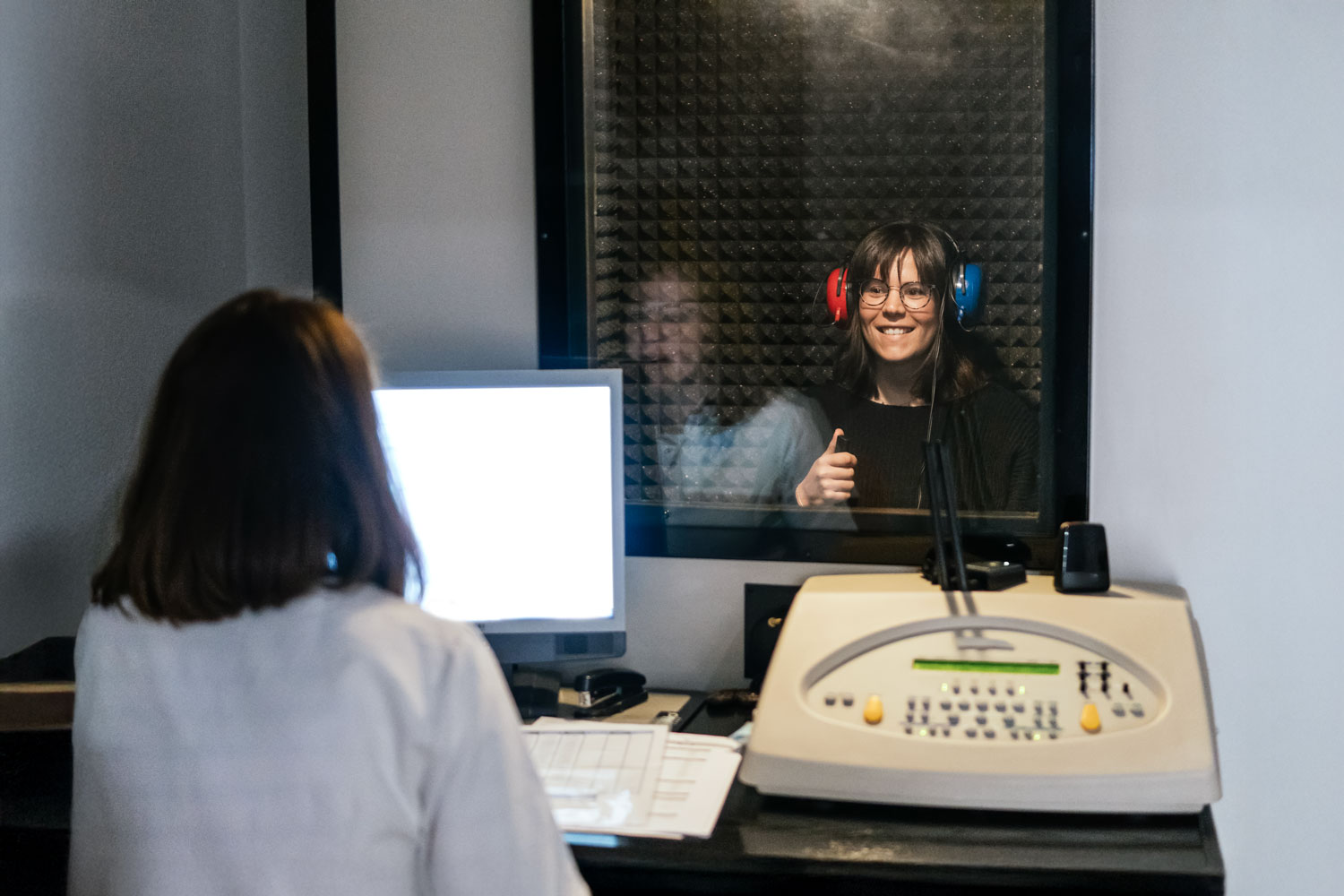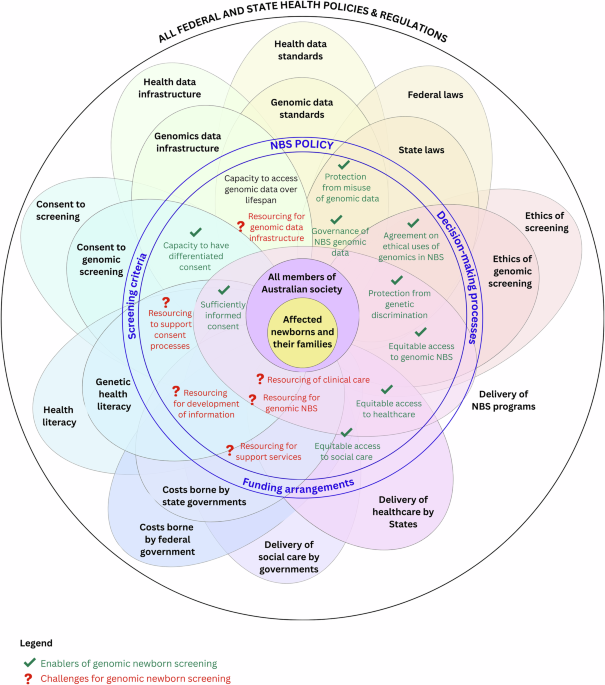
As it turns out, hearing loss affects more than how people hear the world around them; it can also change how people connect with it. This systematic review and meta-analysis involving over 5000 participants, published in JAMA Otolaryngology-Head & Neck Surgery from Keck Medicine of USC, may be the first to link the use of hearing aids, cochlear implants, and other devices that help those with hearing loss to perceive sound, to improved social lives.
Over 50 million Americans and nearly 2.5 billion people around the world are affected by some degree of hearing loss, yet most will let this go untreated. This is unfortunate because when left untreated, hearing loss makes communication difficult, and this can cause people to become withdrawn, avoid having conversations with people, and stop attending social activities.
Studies have shown that over time, social withdrawal reduces mental stimulation, increases the risk of loneliness, as well as the risk for anxiety, depression, cognitive decline, and dementia. Chronic social withdrawal and isolation are also linked to biological and neurological changes like alterations in brain structure and increased neuroinflammation.
Investigating the effects of hearing loss
The paper investigating how cochlear implants and hearing aids affect social quality of life, perceived social handicap, and loneliness describes how, when those who treat their hearing loss are able to regain participation in conversations again, escape feelings of isolation, and how this may even protect their brain and lifespan, which is all proof that better hearing can translate into fuller living.
“We found that adults with hearing loss who used hearing aids or cochlear implants were more socially engaged and felt less isolated compared to those who didn’t use them,” said Janet Choi, MD, MPH, an otolaryngologist with Keck Medicine and lead researcher of the study. “This suggests that hearing devices may help prevent the social disconnection and broader health consequences that can follow untreated hearing loss.”
“Understanding the link between hearing loss, hearing device use, and social isolation is crucial,” said Choi. “Until this study, it has been unclear whether hearing devices could help reverse the isolation.”
The use of hearing devices was found to make participants feel more socially connected and less limited in social situations because they were better able to communicate, enabling them to engage in conversations while feeling more at ease in environments that are challenging or noisy. Participants reported feeling less socially handicapped by their hearing loss, with fewer barriers and frustration during social interactions, as well as the improved ability to be social without feeling excluded. These improvements help to increase confidence, which helps participants to connect more easily with other people, leading to reduced social anxiety, stress, and increased feelings of belonging, which could help to reduce loneliness.
The use of cochlear implants had even better results in the improvement in their social quality of life due to the implants offering greater hearing restoration than hearing aids, especially for those with more severe hearing loss.
“While our study didn’t directly measure cognitive outcomes, the improvements we saw in communication and social engagement suggest that by restoring clearer communication, hearing devices may help preserve cognitive health by keeping the brain more actively involved and people more connected,” Choi said.
“These new findings add to a growing body of research showing that hearing health is deeply connected to overall well-being,” said Choi. “We hope this encourages more people to seek treatment and helps clinicians start conversations with patients about how hearing devices can improve their quality of life.”
Takeaway
The results from this study follow another study conducted by Dr. Janet Choi, published in The Lancet that showed when adults with hearing loss treated their condition with hearing aids, they had an almost 25% lower risk of mortality, suggesting that treating hearing loss can help to improve lifespan as well as quality of life. When taken together, the research highlights the importance of addressing hearing loss to potentially improve longevity, overall health, and well-being.
As with anything you read on the internet, this article should not be construed as medical advice; please talk to your doctor or primary care provider before changing your wellness routine. WHN does not agree or disagree with any of the materials posted. This article is not intended to provide a medical diagnosis, recommendation, treatment, or endorsement. Additionally, it is not intended to malign any religion, ethnic group, club, organization, company, individual, or anyone or anything. These statements have not been evaluated by the Food and Drug Administration.
link






